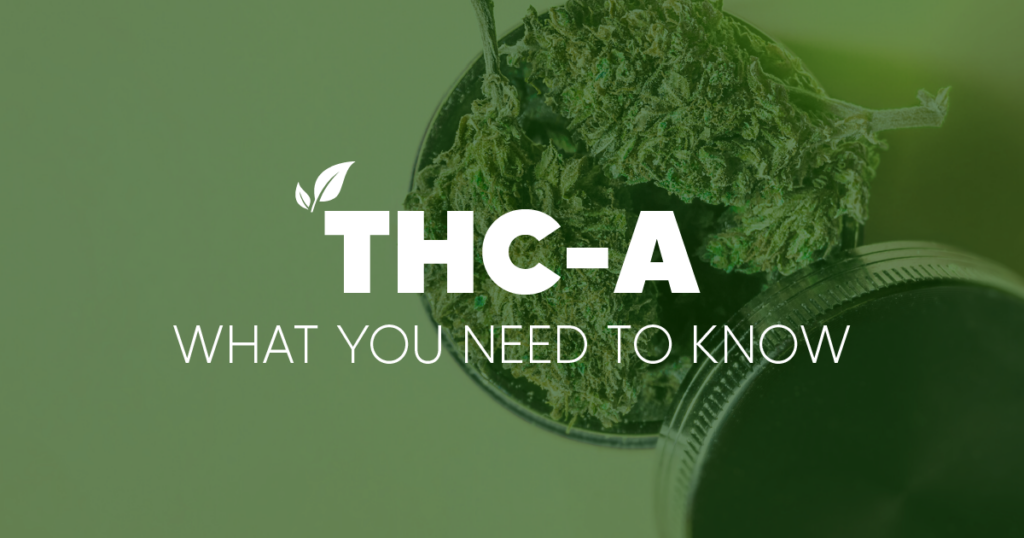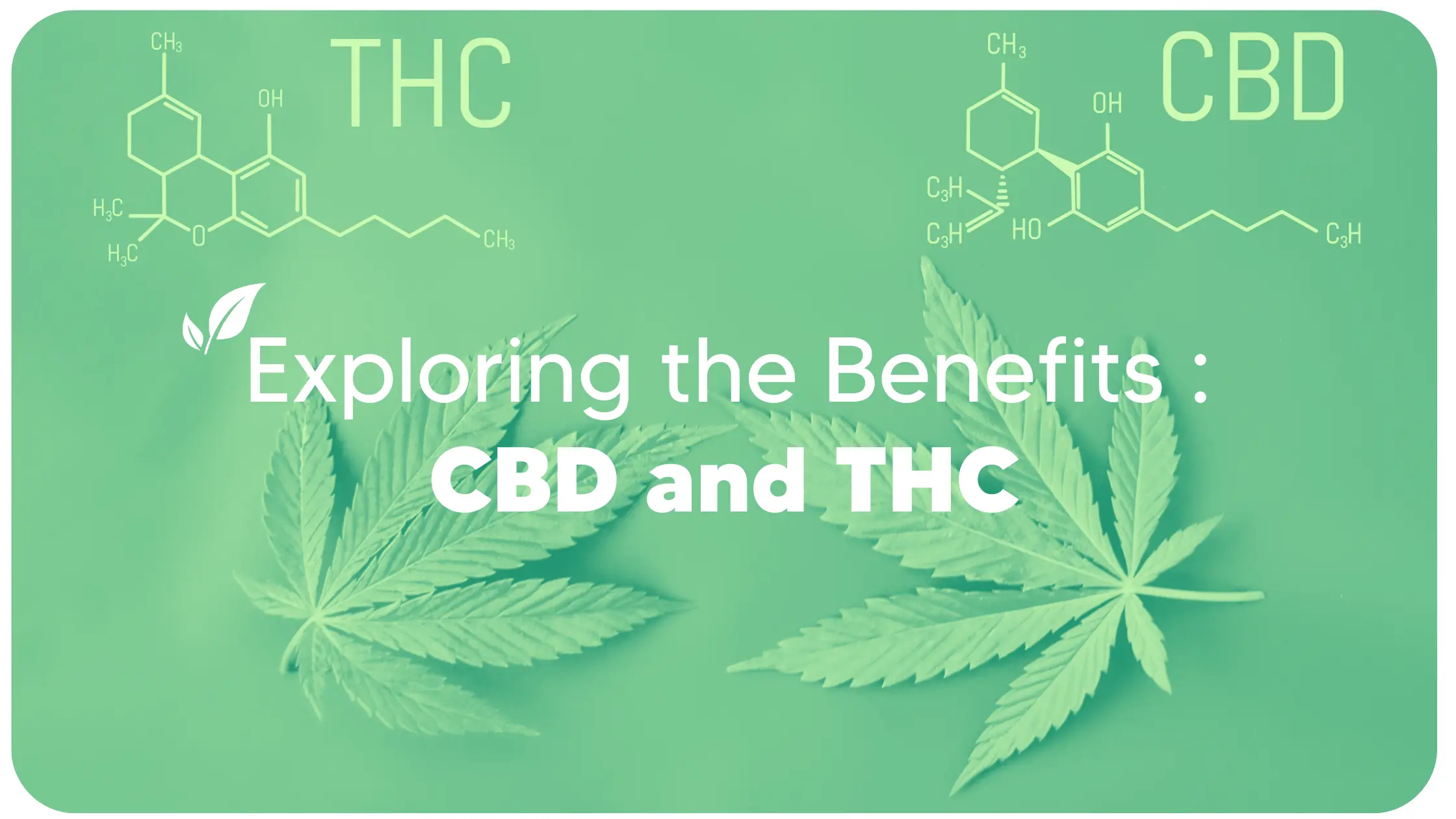While THCA has a range of potential benefits, there are also potential drawbacks to consuming THCA. Here we will lay out what consumers should be aware of before using THCA products.
WHAT IS THCA?
THCA is a non-psychoactive cannabinoid that is present in raw, unheated cannabis plants. It can only be converted into THC through decarboxylation, a process that occurs when cannabis is heated or vaporized. THCA is synthesized by the cannabis plant and is one of over 100 different cannabinoids that have been identified in the plant.
THCA is the precursor to THC, the compound responsible for the plant’s psychoactive effects. While THCA does not produce the same “high” as THC, it has a range of potential health benefits and is the subject of increasing research interest.
LIMITED AVAILABILITY OF THCA
Unlike THC and CBD (cannabidiol), which are widely available in various forms, including oils, tinctures, capsules, and edibles, THCA is not as widely available. This is because THCA is only found in raw, unheated cannabis plants and can only be converted into THC through decarboxylation, a process that occurs when cannabis is heated or vaporized. As a result, THCA is not as commonly available as THC and CBD, which can make it difficult for consumers to find products that actually contain significant amounts of THCA.
LIMITED RESEARCH ON THCA
While there is increasing interest in the potential therapeutic effects of THCA, there is still limited research on its efficacy and safety. More research is needed to fully understand the potential benefits and risks of consuming THCA and to develop safe and effective dosing guidelines. Without this research, we can’t understand the potential risks associated with using THCA products.
INSTABILITY OF THCA
THCA is not very stable and can easily degrade into THC over time or when exposed to heat or light. This instability can make it difficult to ensure consistent dosing when using products containing THCA and requires careful storage and handling. For example, if THCA-containing products are exposed to heat or light during storage or transportation, the THCA can convert to THC, resulting in unexpected psychoactive effects. This can be a problem for consumers who are looking for non-psychoactive products.
LEGALITY OF THCA
Because THCA is unstable and may convert into THC via heat or light, the legality of the substance is complex. The legality of THCA remains a question mark in many jurisdictions. While some regions have legalized its use for medicinal purposes, others have stricter regulations classifying it as a controlled substance.
The varying legal status of THCA adds complexity for consumers seeking to incorporate it into their wellness routines. It is essential to understand the specific regulations and laws governing THCA’s legality in your jurisdiction to ensure compliance and avoid any potential legal issues. Stay informed and consult local authorities or legal professionals for the most up-to-date information on the legality of THCA in your area.
PSYCHOACTIVITY OF THCA
While the non-psychoactive nature of THCA is a benefit for some consumers, it can also be a drawback for others. Some consumers may be seeking products that produce psychoactive effects, and THCA is not able to produce these effects without decarboxylation. While THCA can be converted into THC through decarboxylation, this process can be difficult to control and may result in inconsistent dosing or unexpected psychoactive effects.
LIMITED DELIVERY METHODS OF THCA
Because THCA is only found in raw, unheated cannabis plants, it is not as easy to deliver when compared to other cannabinoids like THC and CBD. While THCA can be extracted from raw cannabis plants using solvents or other methods, the resulting products may not be as stable or consistent as those containing other cannabinoids.
TO CONSIDER BEFORE USING THCA
All of the points outlined above highlight the need for consumers to exercise caution when using products containing THCA. While THCA could have potential benefits, the limited availability, limited research, and instability associated with THCA may make it a less attractive option for some consumers. The lack of clear dosing guidelines for THCA further underscores the importance of consulting with a healthcare professional before incorporating THCA into a wellness regimen. Ultimately, more research is needed to fully understand the benefits and risks of THCA and to develop safe and effective products for consumers seeking non-psychoactive cannabinoids.




